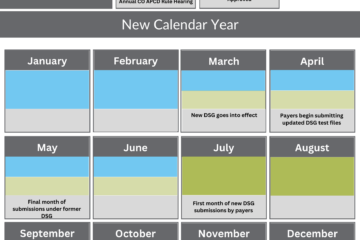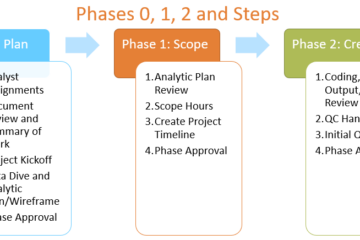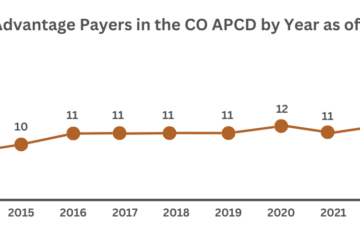The Colorado All Payer Claims Database (CO APCD) contains over 1.1 billion claims, representing over 5 million insured lives in Colorado, with more added every month. Of these claims, there are over 75 million behavioral health claims contained in the CO APCD, representing over 10 million unique Coloradans who have received one or more behavioral health services since 2012.
Behavioral health is an umbrella term for behavioral factors that can impact health, including mental health conditions, stress-linked physical conditions, and substance use disorders (SUD). Behavioral health services are identified in the CO APCD through admitting, principal, or secondary diagnoses and procedure codes on claims. For the last several years, CIVHC’s intake processes did not support SUD data submission to the CO APCD, and it was not collected.
The CO APCD Insights Dashboard shows a steady increase across all payer types between 2013 to 2024, from 3.4 million claims to over 10 million. CIVHC uses claims for behavioral health services in a variety of ways including investigating trends in the Emergency Department Use for Mental Health and Potential Self-Harm analysis, and understanding Use of Telehealth For Behavioral Health Services. The claims are also used in both the Community Dashboard and Health Equity Analysis to determine whether people are getting follow up care for mental health related emergency department (ED) visits and whether social factors are related to getting follow up care.
Regulating SUD Data
As the number of people living with SUD is a serious cause for concern, targeted interventions and programs would be easier to design and implement with more accessible data. Historically, the federal government has heavily regulated the information through part two of item 42 in the Code of Federal Regulations (referred to as 42 CFR Part 2).
Until recently, the restrictions of 42 CFR Part 2 limited sharing SUD data to very specific and narrow circumstances. However, federal legislation has revised the rules around collection and use of SUD claims, allowing for regulated collection and analysis. Under the Coronavirus Aid, Relief, and Economic Security Act (CARES Act), passed in March 2020, the Substance Abuse and Mental Health Services Administration (SAMHSA) significantly expanded the use of SUD data.
These changes to the regulations, the formation of the Colorado Behavioral Health Administration (BHA), and the implementation of new quality analytics in the CO APCD connected to SUD claims opened the door for CIVHC to begin collecting SUD claims in the CO APCD in summer 2022.
SUD Claims in the CO APCD
In early 2022, in preparation for collecting SUD data and ensuring proper storage and use of the information, CIVHC worked with its data manager to implement a filter that identifies any SUD claim submitted to the CO APCD. This allows the data manager and CIVHC to identify and store SUD claims separately from the other claims submitted to the CO APCD.
The filter, implemented in the data warehouse refresh of January of 2023, contains a comprehensive list of SUD identifiers and separates any claims containing SUD data at the point of ingestion into the CO APCD. This ensures SUD data can be easily excluded from reporting as appropriate and lessens the potential for inconsistency in reporting if the flag was not implemented. The filter also segregates the SUD claims information, making it more easily accessible for any analyses where its release is allowed under the updated guidelines.
However, it is important to note that payer submission of SUD claims is not currently mandatory, and as a result, SUD data collected in the CO APCD is considered incomplete. There are ongoing discussions about implementing legislation to make SUD data submission mandatory in the future.
To learn more about SUD claim collection and how CIVHC implements the proper measures to meet regulation requirements, read our SUD FAQ.
The Future of SUD Claims Reporting
There is a good deal of legislative and statewide activity around SUD and behavioral health, and guidelines are swiftly adjusting.
In December of 2022, another rule change was proposed to 42 CFR Part 2 by the Department of Health and Human Services (HHS) that would better align SUD information with data governance and patient protections in the Health Insurance Portability and Accountability Act (HIPAA). The rule change remains under review.
As discussions at the State and Federal level continue, CIVHC has made the decision to limit the release of SUD data to aggregated public reports, published by CIVHC. For the time being, data requestors will not be able to request SUD data in licensed CO APCD extracts, datasets, or custom reports as CIVHC ensures all necessary guardrails are maintained. CIVHC continues to monitor changes to 42 CFR Part 2 provisions as they pertain to the collection of SUD data.
As CIVHC continues to learn about the appropriate uses for collection and release of SUD data, we will share more information. In the meantime, please contact us at info@civhc.org for questions.


